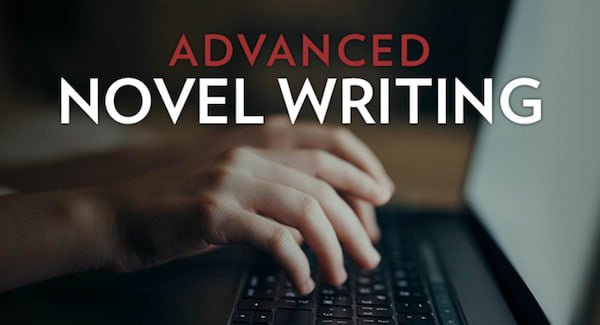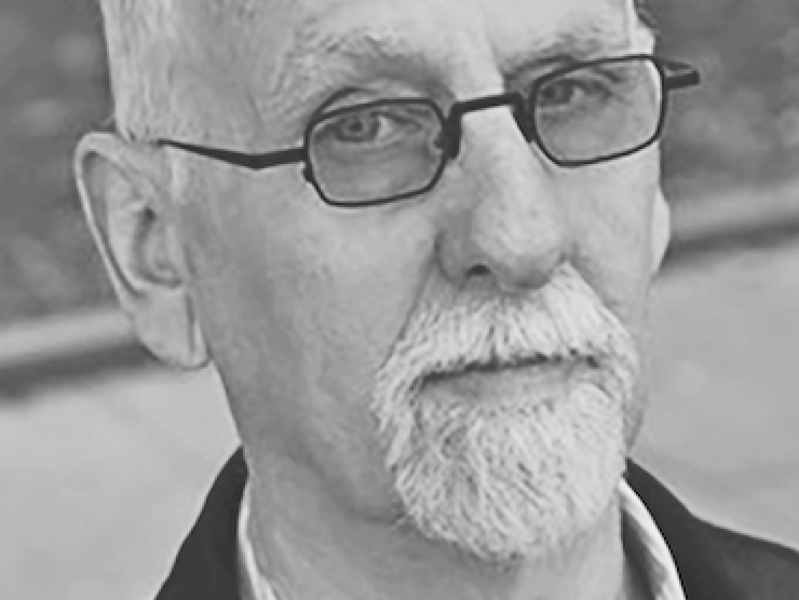Joel Agee: On Recreating Lost Time
Joel Agee is a writer and translator. He has won numerous literary awards, among them the Berlin Prize of the American Academy in Berlin, the Helen and Kurt Wolff Translator’s Prize, and the ALTA National Translation Award, as well as fellowships from the Guggenheim Foundation and the National Endowment for the Arts.
His essays have appeared in Harper’s, The New Yorker, The Yale Review, and other magazines, and he is the author of two highly praised memoirs: Twelve Years: An American Boyhood in East Germany and In the House of My Fear. He lives in Brooklyn, New York. Joel Agee is the son of acclaimed writer James Agee.
In this post, Joel discusses how a picture from his past inspired his first work of fiction, The Stone World, the long journey toward publishing, and more!
Name: Joel Agee
Book title: The Stone World
Publisher: Melville House
Expected release date: February 22, 2022
Genre/category: Fiction-Biographical/Fiction-family/Coming of Age
Previous titles: Twelve Years: An American Boyhood in East Germany and In the House of My Fear
Elevator pitch for the book: In Joel Agee’s first novel The Stone World, spun from memories of his childhood in Mexico in the 1940s, a world of great depth and complexity is refracted through the unjudging yet acutely perceptive mind of a young child. Readers are invited, for full participation in the story, to place themselves at eye-level with a six-year-old child. Those who do so may enjoy the wonder of remembering their own childhood.
IndieBound | Bookshop | Amazon
[WD uses affiliate links.]
What prompted you to write this book?
In 2008 I wrote an article for Harper’s Magazine that was titled “A Lie that Tells the Truth: Memoir and the art of memory.” It was a defense of the use of imagination in memoirs and personal essays. Holding a memoir to the strictures of factual reporting, I contended, was unrealistic and unduly limiting.
In the byline of that article, I wrote: “Joel Agee is working on a novel.” That was not quite true; or let’s say, it was not true yet. But the idea was on my mind. It was prompted by a photograph that was taken of me when I was six years old, lying on a stone terrace rolling a marble from one hand to the other. I remembered almost nothing of that little boy, so another memoir was out of the question.
Yet it seemed to me that through this image I could reenter that lost time and recreate it, not as memory but as the imagined truth of a well-told story. Hence the opening sentence of the book: “The boy liked to lie with his ear pressed against the cool shaded stone of the patio.”
How long did it take to go from idea to publication? And did the idea change during the process?
It took four years to write the book and another 10 years before it was published. Close to 20 agents, editors, and publishers to whom I sent the manuscript turned it down. Most of them told me they admired the book; a few said that they loved it; all of them thought that the point of view of a young child would lead booksellers to mistake it for a children’s book.
I sent queries with a précis to several independent publishers. Quite a few of them didn’t answer my emails. The rest sent standard rejection letters. At that point I was tempted to give up. Both my wife and a good friend prevailed on me to keep sending it out. Fortunately, I listened to them.
The idea for the book didn’t change so much as it evolved. I never have a fixed idea of where I am headed, either in writing or in life. Unforeseen possibilities offer themselves at many turns.
Were there any surprises or learning moments in the publishing process for this title?
One surprise, almost a shock after the many rejections, was the email letting me know that The Stone World had been accepted for publication. A second, very happy one, was when several writers I admired gave the book eloquent advance praise.
Were there any surprises in the writing process for this book?
Several full-blown characters arose seemingly out of nowhere. One of them was Sándor, first violinist in a string quartet of which my protagonist’s American mother is also a member. He was a subsidiary figure at first.
Little by little, he developed traits that took me by surprise, until he came to loom as large as any of the major characters. His fate after he returns to his native country became a completely unforeseen turning point in the book.
What do you hope readers will get out of your book?
The pleasure and the wonder of being reminded of what childhood is, from its own point of view.
If you could share one piece of advice with other writers, what would it be?
At the risk of sounding like a fortune cookie, I’ll cite a Zen story.
A student asked Master Ichu for the gist of the Buddha’s teaching. Master Ichu said: “Attention.”
The student said, “I am paying attention. Is there something else?”
Ichu said: “Attention, attention.”
The student said: “Thank you. I understand. But there must be more to it.”
“There is,” Master Ichu said, and fell silent.
“So, what is it?” the student asked after a while.
Master Ichu said: “Attention, attention, attention.”
The student bowed and returned to his seat.
A few days later he returned to ask a new question: “What is attention?”
Master Ichu said: “Attention is attention.”
Applying this story to writing may seem self-evident, but there is more to it. I have never taught writing. Here, nonetheless, is the wisdom of Master Joel:
Distrust the imp who whispers “good enough” after you’ve written a paragraph. Revise, reimagine, rewrite.
Distrust as well the demon who wants only the best. The best can be the enemy of the good.
How then do you know when the work is done?
At some point you just know.
How?
The sentence will tell you. The rhythm of a phrase. The logic of your argument. The wholeness of your story.
Can you ever be sure?
Of course not. If you’re lucky, the imp and the demon will reappear in the comments of agents, editors, and copy editors. They will all have something to suggest or demand, some of it helpful, some of it not. Take advice where it’s needed but stick to your guns. Don’t forget you’re the author. Then, finally, comes the blessing of publication. After that, if you’re lucky (or unlucky—it depends), there come the reviews.
At the end of the long chain, there is the reader, about and from whom you rarely hear anything.

Push yourself beyond your comfort zone and take your writing to new heights with this novel writing course, designed specifically for novelists who are looking for detailed feedback on their work. When you take this online course, you won’t have weekly reading assignments or lectures. Instead, you’ll get to focus solely on completing your novel.




